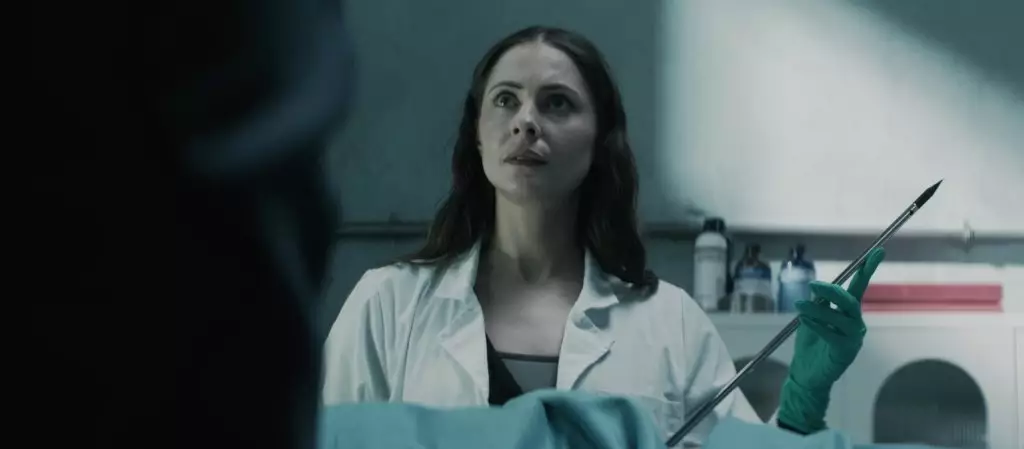In recent years, the horror genre has become an increasingly commodified spectacle, transforming once-raw expressions of societal anxieties into lucrative franchises and multimedia ventures. The recent acquisition of “The Mortuary Assistant” film adaptation by Shudder epitomizes this trend. While horror enthusiasts may see this as a sign of the genre’s vitality, it also signals an insidious shift—reducing deeply personal and cultural fears into sanitized, marketable products. The film’s expansion of a viral game into a cinematic universe reinforces the troubling notion that in our entertainment-driven society, fear is no longer a mirror of societal truths but a carefully engineered commodity designed to maximize profit.
Commercial Interests Over Artistic Integrity
The decision to adapt “The Mortuary Assistant” into a feature film underscores the industry’s tendency to prioritize commercial gains over authentic storytelling. The film promises to explore deeper mythologies and horror lore, but one must question whether these additions are authentic artistic endeavors or calculated efforts to tap into a growing market of horror fandom. When studios—and now streaming platforms like Shudder—capitalize on viral properties, it risks diluting the genre’s original intent: to challenge societal norms and provoke critical reflection. Instead, we are confronted with a spectacle that capitalizes on fear for profit, often at the expense of meaningful narratives.
The Illusion of Innovation and the Repetition of Tropes
While adaptations often herald innovation, they tend to recycle familiar horror tropes under the guise of freshness. The film’s focus on demonic rituals, haunted environments, and trauma reflects a predictable template that many horror projects adhere to, fearing failure if they deviate too far from convention. This pattern demonstrates a troubling inclination towards predictable crowd-pleasers rather than genuine explorations of human vulnerability. The danger lies in reinforcing stereotypes and clichés, making horror a repetitive genre that stagnates creatively while masquerading as progressive or daring.
A Holdover from Broader Cultural Trends
This obsession with turning horror into a lucrative franchise echoes broader cultural trends that commodify trauma and fear itself. As a center-leaning liberal observer, I see this as symptomatic of a society increasingly obsessed with spectacle over substance. We sanitize uncomfortable truths—whether societal injustices or personal fears—by packaging them into entertainment that offers temporary relief rather than genuine societal engagement. The production of horror like “The Mortuary Assistant” film is less about confronting true fears and more about catering to a consumerist desire for adrenaline-fueled escapism. This wide-scale commercialization risks trivializing the genre’s potential to be a tool for reflection and social critique, turning it instead into yet another product for mass consumption.


Leave a Reply